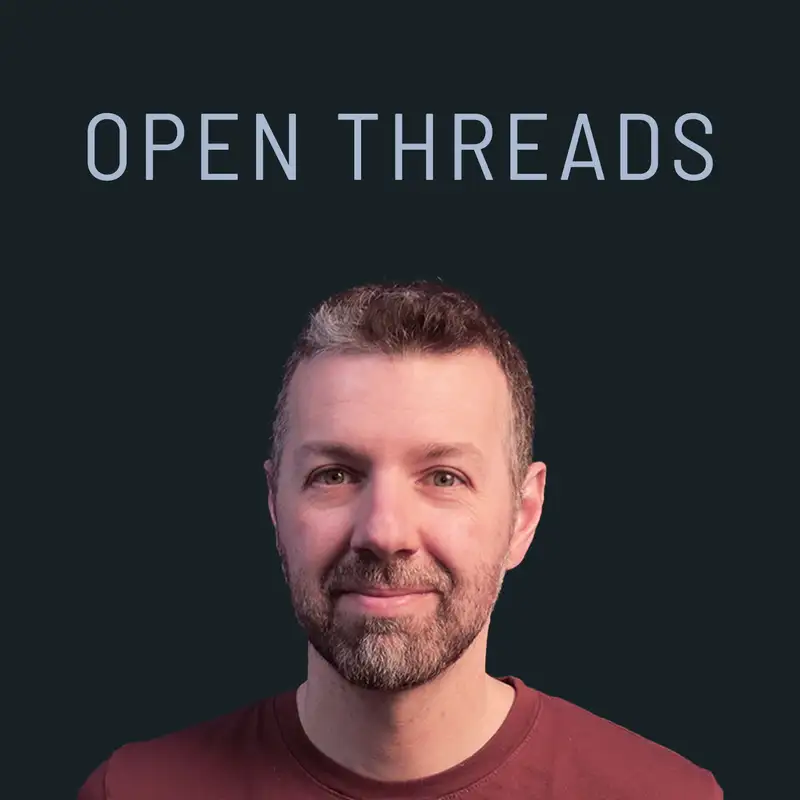Coaching as a Profession with Chris Lema
Chris Lema, seasoned CEO, experienced product strategist, and respected business coach, joins me to talk about coaching as a profession.
Brian and Chris's conversation was recorded on August 15, 2022.
Brian and Chris's conversation was recorded on August 15, 2022.
Creators and Guests

Host
Brian Casel
Teaching product skills at https://t.co/slTlMF8dXh | founder @Clarityflow | co-host of https://t.co/pXrCHLdDwe

Guest
Chris Lema
Coach & Product Strategist. Founder of #CaboPress. Smoker of #Cigars. CEO @MotivationsAI & Chief Product Officer at Cherith.

